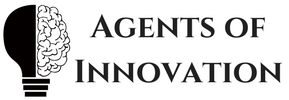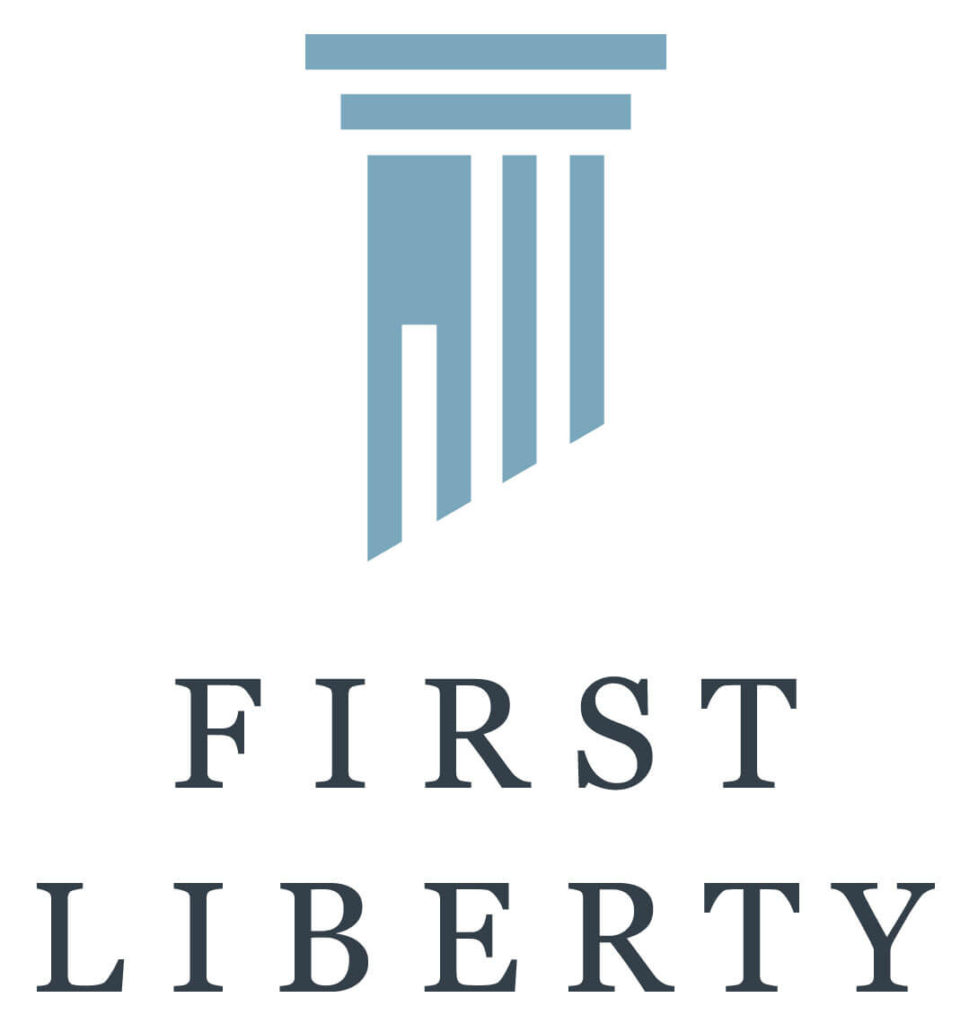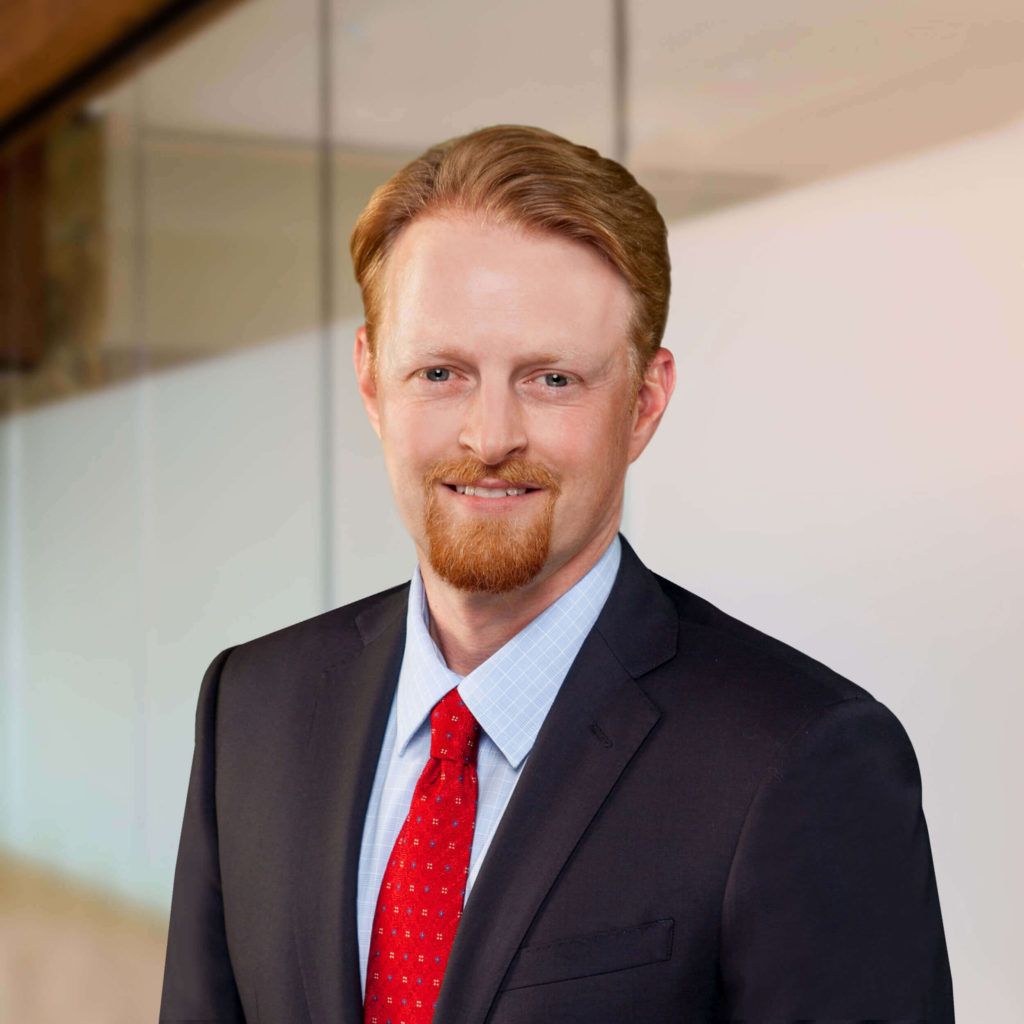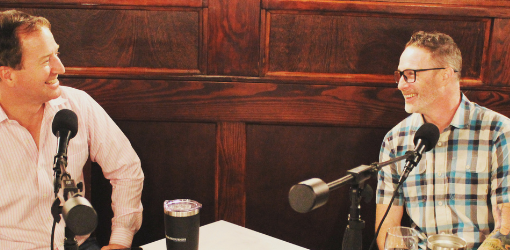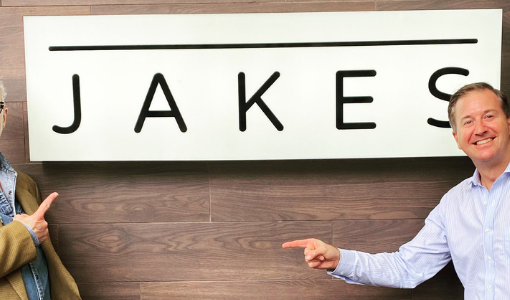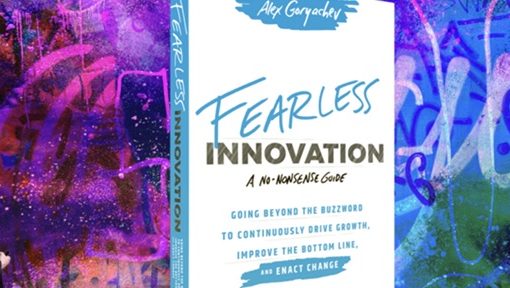Lathan Watts is the director of the First Liberty Institute, the largest legal organization in the nation devoted exclusively to defending religious liberty for all Americans. He was our guest on Episode 87 of the Agents of Innovation podcast.
Founded by Kelly Shackelford 31 years ago, First Liberty Institute is a nonprofit organization supported by donors from all over the country. While today they have 50 people on staff with national headquarters in Plano, Texas, they take up cases around the country, often with the help of affiliated attorneys doing pro bono work on behalf of clients wishing to defend their First Amendment rights.
“Our mission is to restore and protect religious liberty for all Americans. We will defend any religion anywhere in America, so long as that person is simply seeking to live according to what they believe, in keeping with the law and the Constitution, then we’ll defend their right to do so,” said Watts, who has a focus of expanding public awareness of First Liberty’s mission, legal matters, and educational projects by coordinating communication with community leaders, influencers, policy makers, and the public at large. Watts, who was born and raised in Jonesboro, Arkansas, also has a legal background himself, receiving his J.D. from the University of Mississippi and has worked in various political capacities as well as for other nonprofit organizations.
“I tell people I practiced law just long enough to know I didn’t want to practice law,” quips Watts. “However, that might have been different had I known about First Liberty Institute back then.”
Some of the innovation they bring: a mix of national legal experts on the subject matter, combined with local knowledge from affiliated attorneys around the country, with a focus both in the courtroom and highlighting issues in the press. They have an extremely high rate of success. “Our first goal is always to win for the client,” said Watts. “But sometimes the case takes on a bigger impact – especially if you get to an appellate ourt level or a Supreme Court case – where you create a better precedent going forward for everyone.”
First Liberty Institute has been very busy during the COVID19 pandemic, where government at various levels has been treating religious services very different than they are treating other businesses or other organizations.
Lathan describes his role as more behind-the-scenes. “I’m kind of legal’s man in our marketing department and marketing’s man in our legal department,” said Watts.
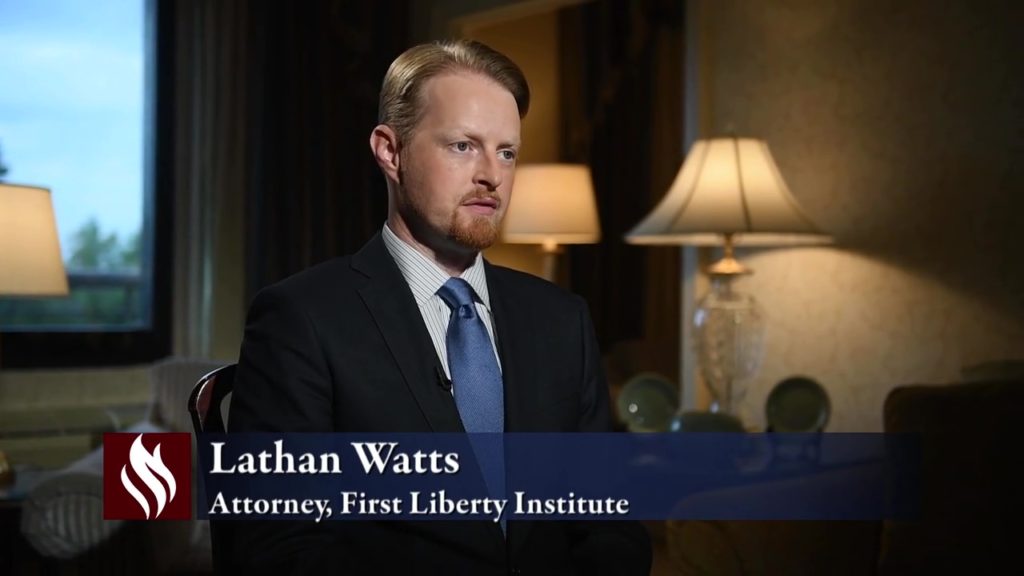
“Most law firms shy away from press. We incorporate it into our legal strategy,” he said. It’s not only a way to bring public pressure to their opponents in the legal case, but also “a way to educate the public about what their rights are.
“A lot of times people are willing to stand up what they believe in but you need to understand what your rights are and how to do that,” said Watts. Many times they get calls from people who saw a story in the press about a case that First Liberty Institute is involved in – that is similar to a situation they are experiencing in their own lives.
Another innovative thing that Lathan and his team have brought to First Liberty Institute is a new YouTube series called Legal-Ease. “Basically, my job is to translate legalize into English,” said Watts. One of his colleagues said “That’s what we have to call it, it’s legalize, but we’ll make it ‘e-a-s-e’ as in we are making this easy to understand,” recounted Watts. “We wanted to do short, legal explanations of what we do, how it impacts you, but deliver it in a way that’s entertaining to people, so they learn a little bit of something, but it’s also a little more light-hearted.”
During COVID19, they even had a funny video about their COVID19 victories, and asked whether they were allowed to be funny again, and laugh at some of the ridiculous measures that caused the hardship so many of their clients had been going through during the economic lockdowns which prevented them from expressing their freedom to worship, especially during a time of a health crisis, increased isolation and loneliness, and a spike in mental health cases and suicide rates.
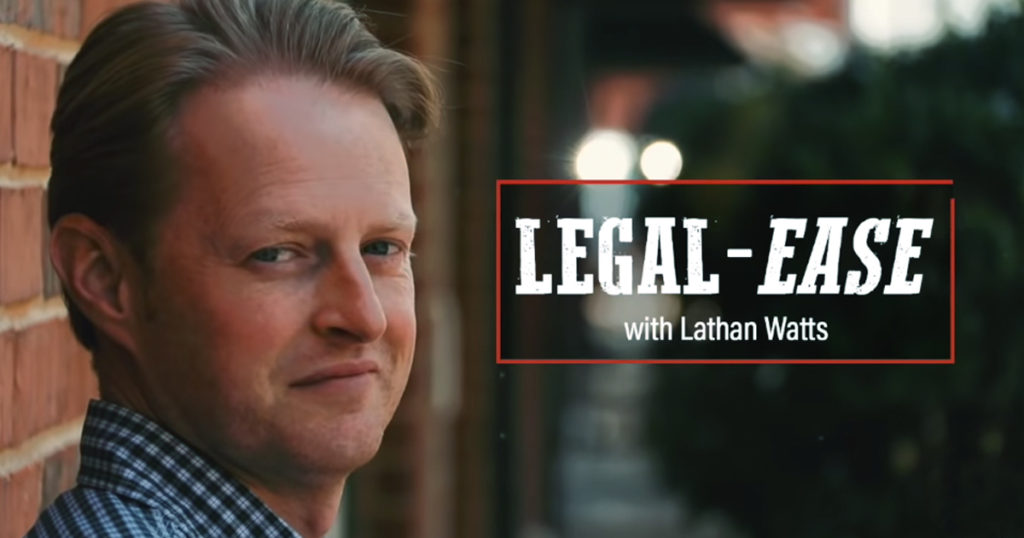
“The government clearly has an interest in protecting public health but the primary purpose of the government, according to the founders, is to protect the rights of the people, and so anything they do has to balance those interests and that’s really what our position in all the cases we’ve engaged in has been,” said Watts.
“People want to be together, it’s a natural human instinct, and particularly people of faith,” said Watts. “I mean we talk about public health; since when is spiritual health not part of health?”
First Liberty Institute filed the very first lawsuit in the country regarding religious liberty and COVID19 – and won. “It really set the tone going forward that, yes government, you do have an interest in protecting public health, but you have to balance it against protecting the God-given rights of the people and the very first one is religious liberty.” First Liberty Institute hasn’t lost a single religious liberty case related to COVID19.
There are many religious liberty cases that First Liberty Institute takes up that go beyond church services, but also protects the right for citizens to run their businesses, pray on the job, or in schools, and still have the right to their freedom to exercise their beliefs. These cases often also impact people’s livelihoods.
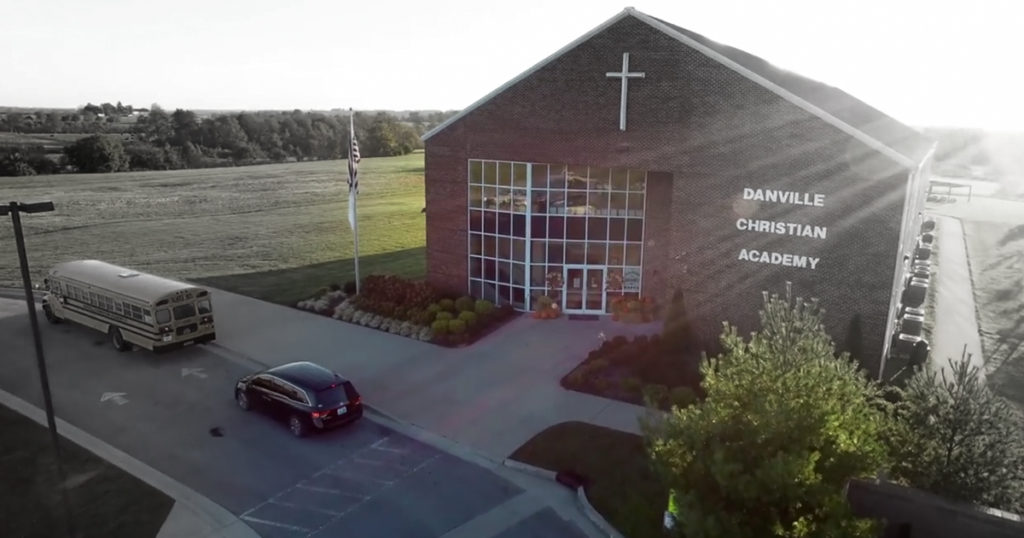
“Even people who are not religious should care about religious liberty – you still have a set of beliefs you want to live your life by,” said Watts.
If you or someone you know are experiencing a religious liberty violation you can get legal help from First Liberty Institute by filling out a form on their website. You can also help support their work through a tax-deductible donation.
For those who might be seeking a legal career in helping people with religious liberty, Lathan recommends reading The Federalist Papers, which were written by Alexander Hamilton, James Madison, and John Jay, in support of the U.S. Constitution at the time it was being debated. He also suggests reading some of the correspondence between the founders during that time, such as the letters between John Adams and Thomas Jefferson. “Those original sources will give you a better education, in my opinion, of what the Constitution was intended to do and how it should be applied, even today, than anything you will learn in law school,” said Watts.
You can listen to the full interview with Lathan Watts on Episode 87 of the Agents of Innovation podcast, on Apple podcasts, Amazon podcasts, Stitcher, and SoundCloud. You can also follow the podcast on Facebook, Instagram, or Twitter.
Please consider supporting the Agents of Innovation community by becoming a member of our Patreon page today, starting at just $5 a month!
